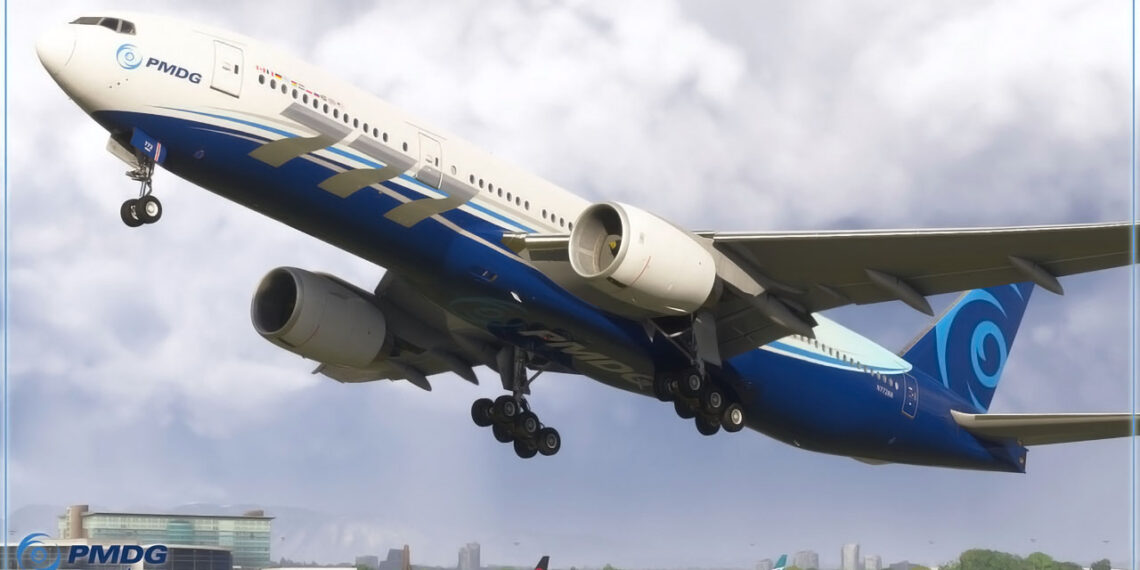Today, PMDG announced the precise release date of its highly anticipated Boeing 777-200ER for Microsoft Flight Simulator 2024 and MSFS 2020.
The wait won’t be long, CEO Robert Randazzo himself shared that the aircraft will launch tomorrow, May 1, between 4:00 PM and 23:59 UTC.
This marks the debut of the beloved (mostly) Boeing-focused developer on Microsoft Flight Simulator 2024, which will certainly please many supporters of the new platform.
This release will be different compared to the previous PMDG launches, as downloads will be handled directly by the new Operations Center 3.0 instead of requiring a separate installer.
The aircraft comes with three engine types (PW4090, GE90-94B, and the Rolls-Royce Trent 895), but the price has not been revealed just yet.
Speaking of the engines, the sounds have been overhauled considerably compared to previous PMDG aircraft, but there will be further updates replacing the engine sounds with completely new recordings. These will be implemented progressively in 1-to-2 months after release.
Simbrief integration has also been kicked up a notch with the ability to import flight data, loading data, winds, forecasts, and more. PMGD has created dedicated profiles with two weight variants for each engine type.
The new weight and balance app in the EFB tablet integrates with the FMS, letting users import performance data directly.
Next, we’ll be getting the 777F freighter and 777-300ER for Microsoft Flight Simulator 2024 as they get through beta testing, while testing for the DC-6 should begin in about ten days. The developer is also starting to shift resources to the MSFS 2024 conversion of the beloved 737NG family, while work is also being done on the brand-new 747 family, which will be exclusive to MSFS 2024.
Below, you can check out a series of screenshots of the 777-200ER.
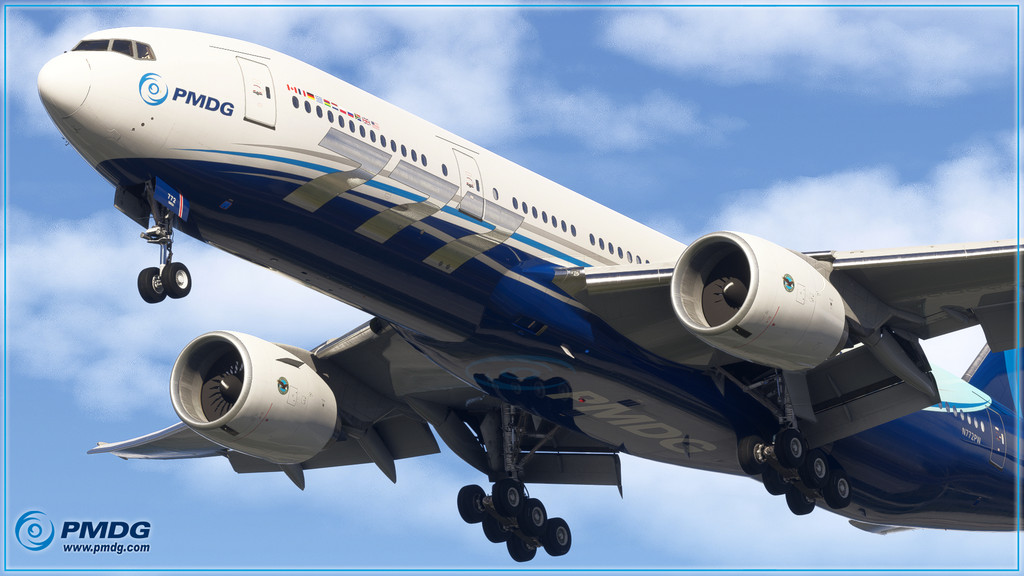
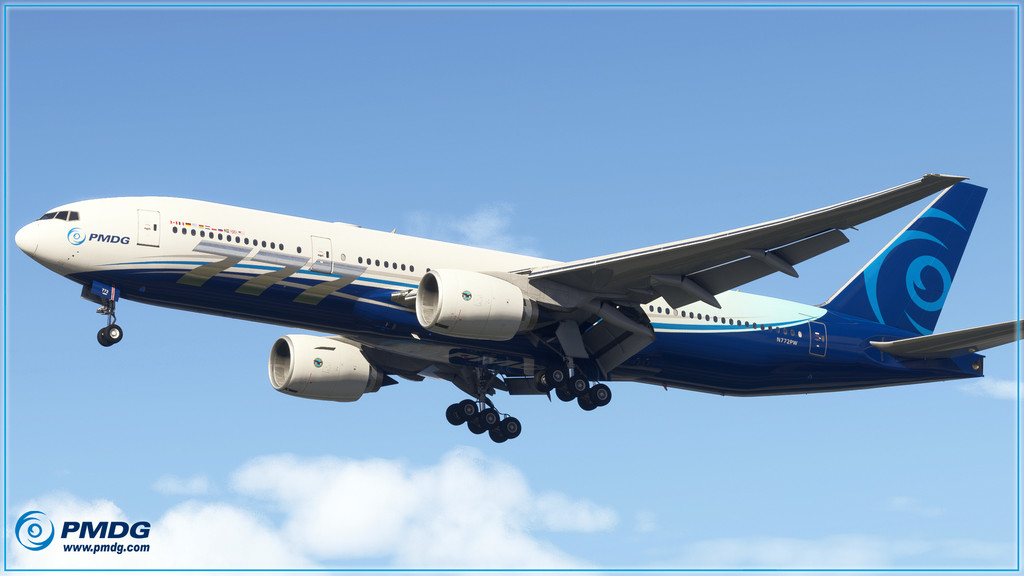
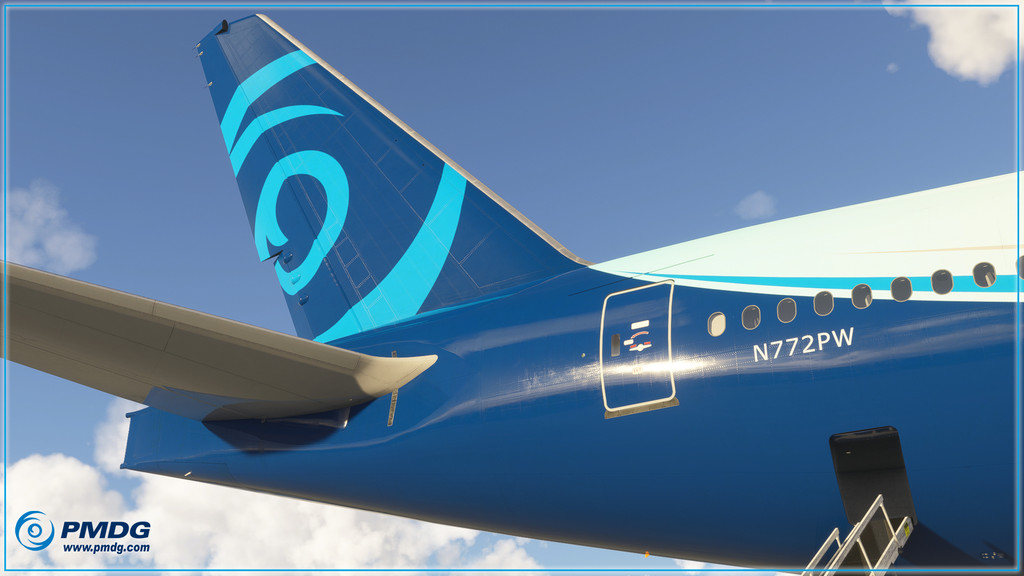
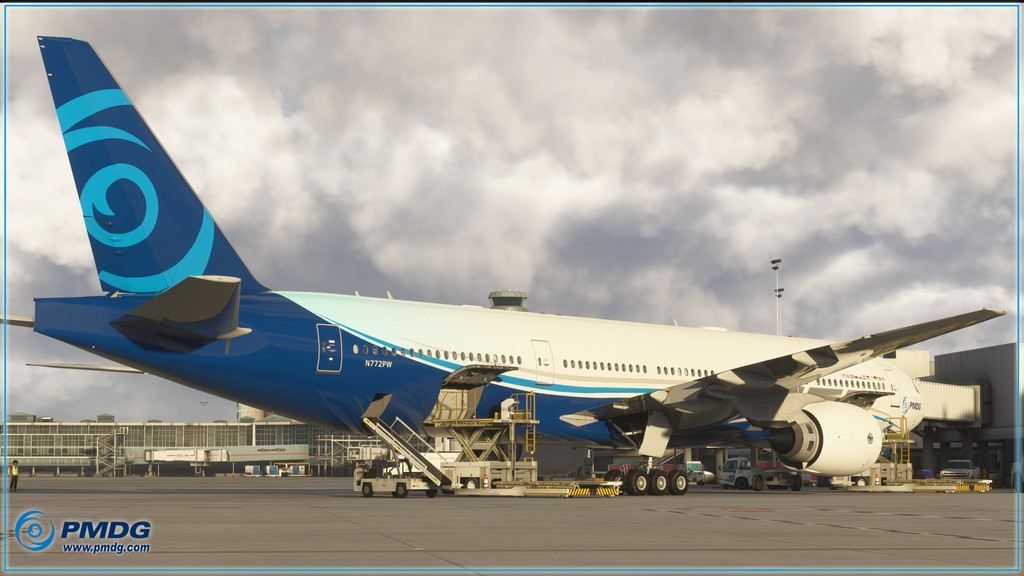

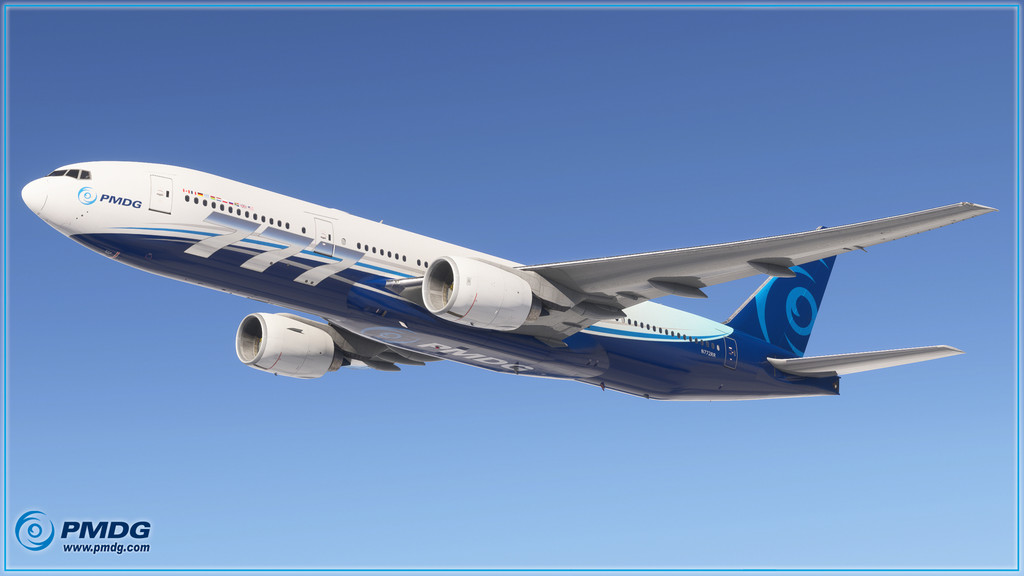
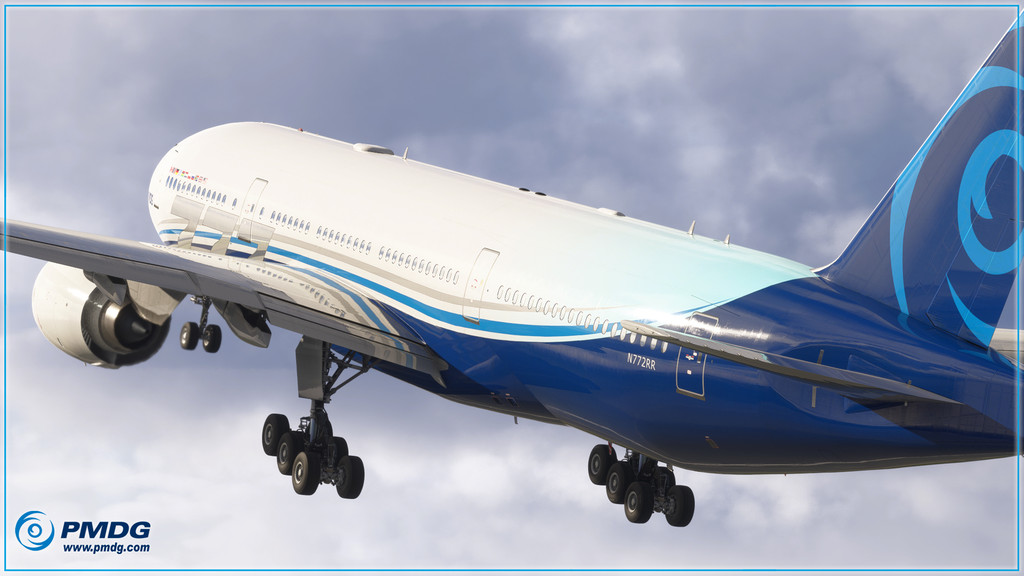
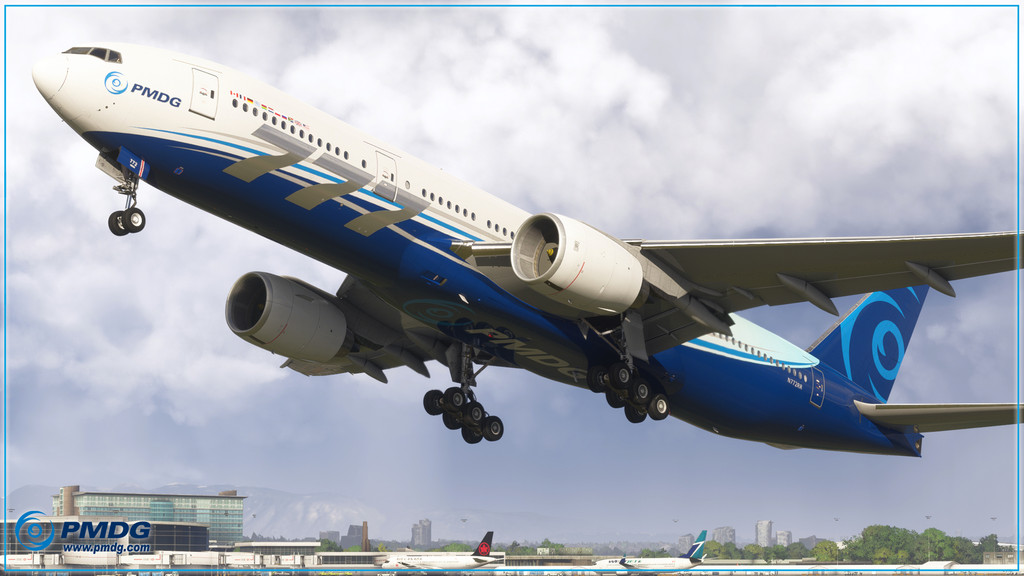
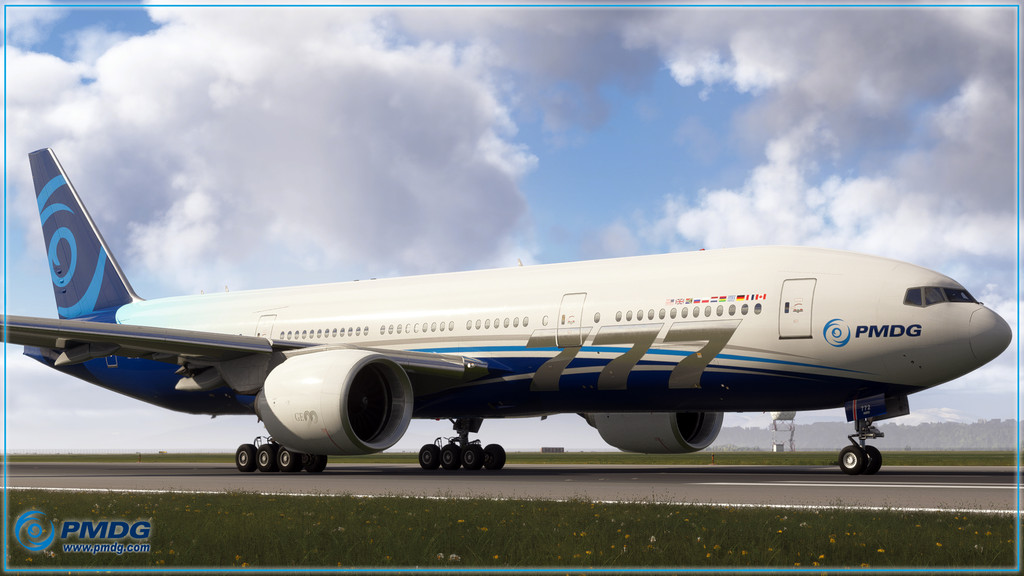
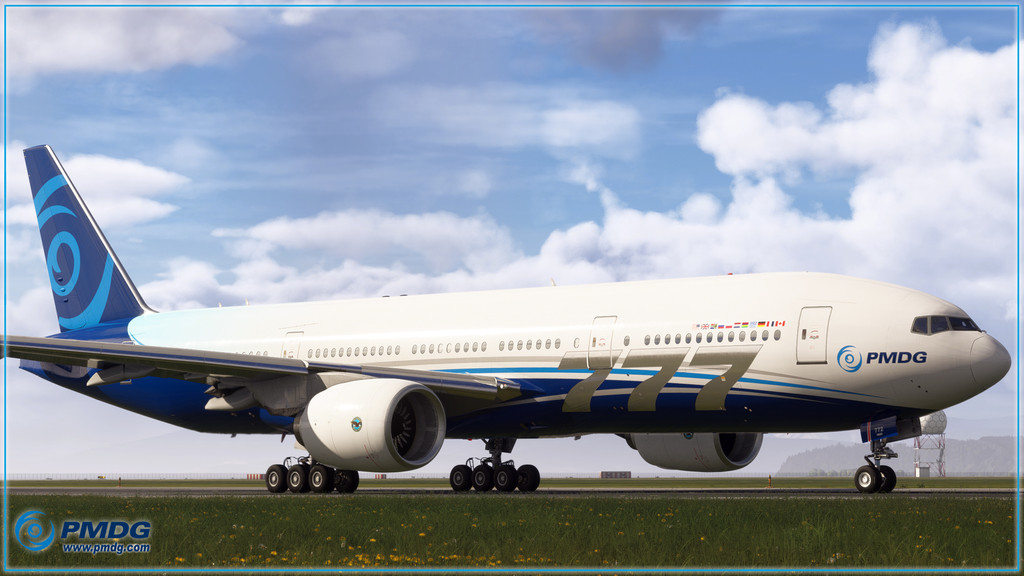
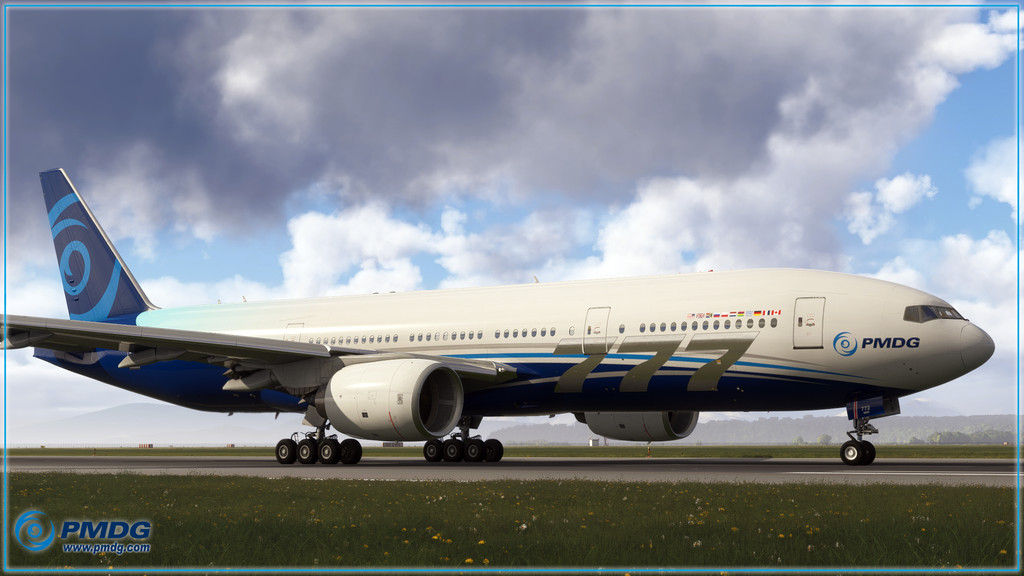
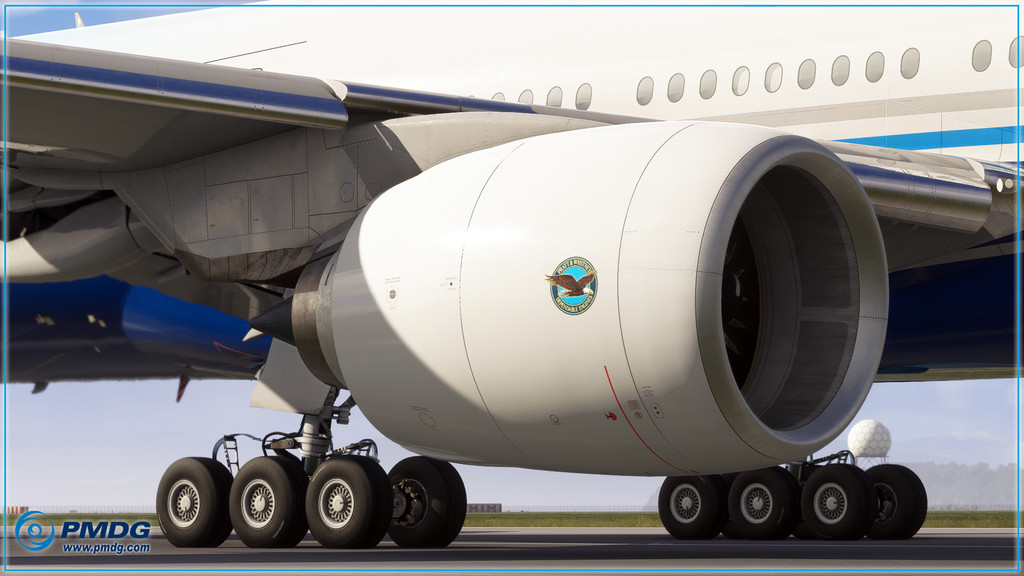

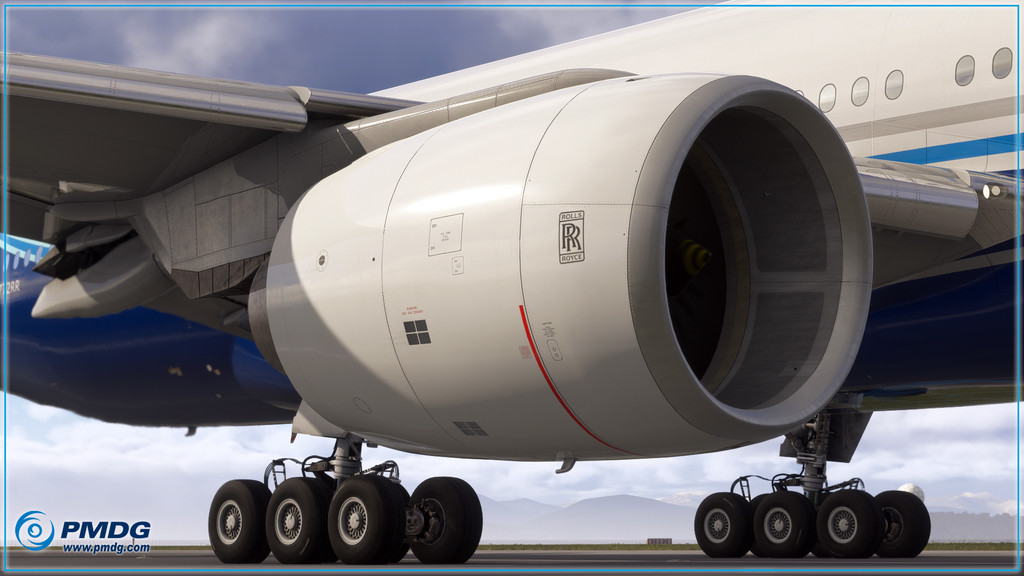

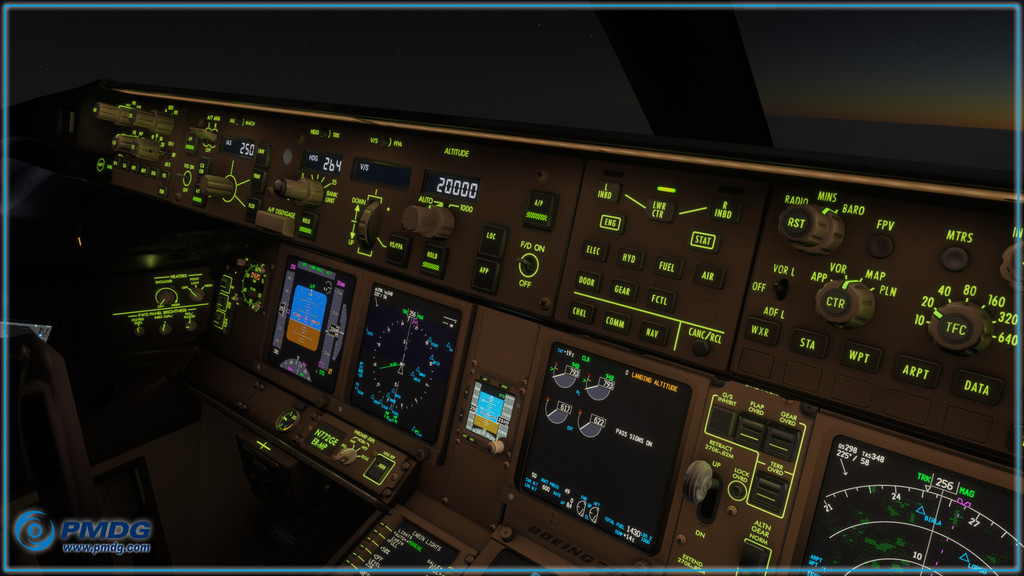
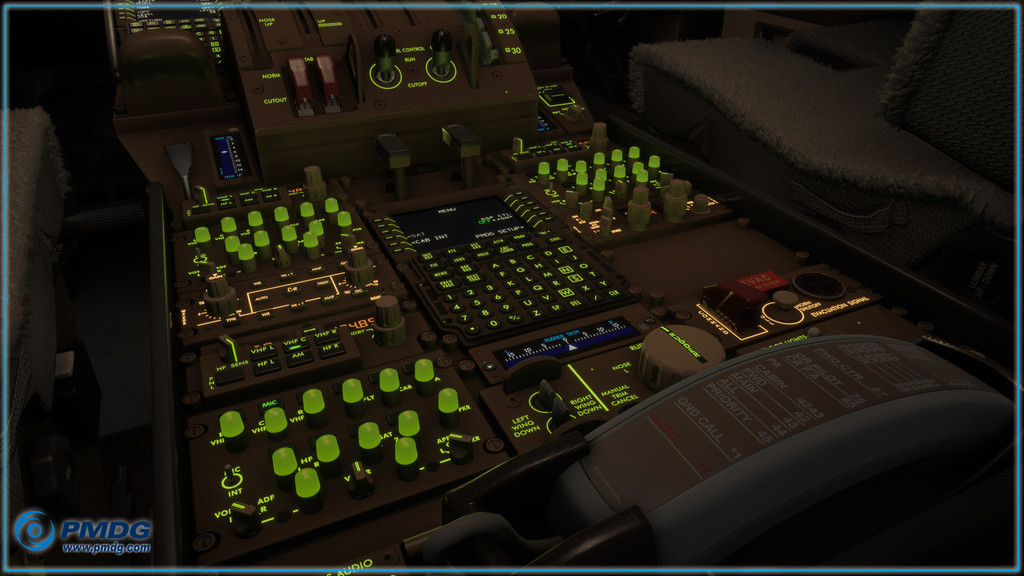


Microsoft Flight Simulator 2020 is available for PC and Xbox Series X|S. It’s worth mentioning that Fenix’s aircraft are PC exclusive.
Microsoft Flight Simulator 2024 is also available for the same platforms following its recent release in November. If you want to see the massive visual difference against Microsoft Flight Simulator 2020, you can enjoy our video and screenshot comparison.
A few weeks ago, we published an extensive interview with Head of Microsoft Flight Simulator Jorg Neumann about the present situation of the sim and the plans for the future
You can also check out our in-depth analysis of how much data the simulator downloads from the cloud, clearing the air from some widespread misinformation that has made the rounds over the past few months.

